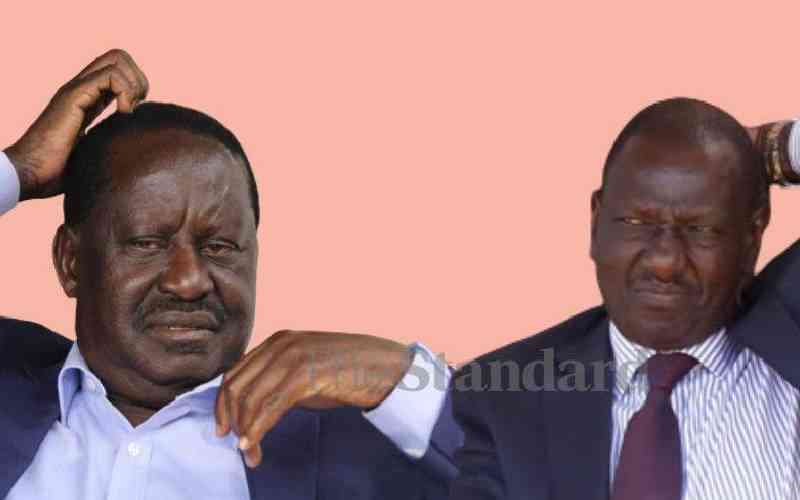×
The Standard e-Paper
Home To Bold Columnists

For more than three days now, the word "bipartisan" has been trending on Twitter in Kenya.
It first gained momentum on Sunday, April 2, when President William Ruto used it in his speech ahead of the April 3 planned demonstrations by Azimio la Umoja.